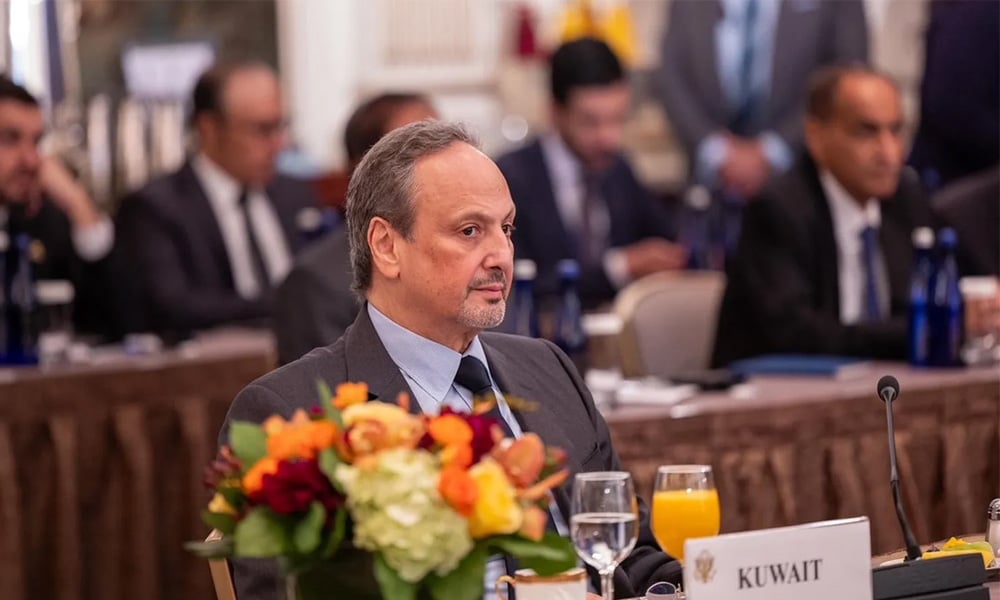KUWAIT: A decade had passed since the Khor Abdullah agreement was signed between Kuwait and Iraq to organize maritime navigation at the waterway. However, the Supreme Federal Court decided to make a U-turn on the 2013 agreed-upon treaty, which implemented UNSC resolution 833/1993 of the United Nations Iraq-Kuwait Boundary Demarcation Commission.
In this regard, professor of international law at Kuwait University’s (KU) college of law, Dr. Thugel Al-Ajmi, indicated that, in accordance with international laws and Article 27/1969 of the Geneva Convention, “A party may not invoke the provisions of its internal law as justification for its failure to perform a treaty.” He added that under Article 46, “A state may no longer invoke a ground for invalidating, terminating, withdrawing from, or suspending the operation of a treaty under Articles 46 to 50 or Articles 60 and 62.”
Dr. Al-Ajmi affirmed that the treat had been implemented for a decade without objection from either party; however, if any grievances arise, the countries may consult with each other or refer the matter to the International Tribunal for the Law of the Sea to settle disputes. KU colleague professor Abdusalam Al-Enizi provided similar input to KUNA, saying that internal rulings on the Khor Abdullah agreement should not annul any parties’ involvement in the treaty.
The 1982 United Nations Convention on the Law of the Sea stated, “Coastal States exercise sovereignty over their territorial sea, and they have the right to establish its breadth up to a limit not to exceed 12 nautical miles; foreign vessels are allowed “innocent passage” through those waters,” indicated Al-Enizi. He added that the distance between the Kuwaiti and Iraqi coasts has been under 12 nautical miles for each country since approving the agreement.
The Iraqi Federal Court’s annulment of the treaty is not binding on Kuwait, which has the right to maritime navigation according to international law, affirmed Al-Enizi. He called for resolving the matter via diplomacy and economic means without hampering relations between Kuwait and Iraq to avoid conflict and strife. The issue of Khor Abdullah had garnered attention from the National Assembly’s MPs, with representative and head of foreign affairs at parliament MP Abdullah Al-Mudhaf stressing Kuwait’s abidance and respect of international law.
Al-Mudhaf indicated that the treaty agreed upon in 2012 and approved in 2013 had witnessed an appeal to revoke it from the Iraqi parliament in 2014; however, the Iraqi court had shut down the attempt back then. What is denounced is that the Iraqi Federal Court nullified the agreement ten years after its inception, indicated the Kuwaiti MP.
Yesterday, Minister of Foreign Affairs Sheikh Salem Abdullah Al-Jaber Al-Sabah denounced in the strongest terms the recent Iraqi Federal Court ruling over the issue of Khor Abdullah, in which Kuwait and Iraq signed a 2012 agreement to regulate maritime navigation. A similar statement came out of the coordination meeting for the GCC FMs, which called on Iraq to take serious and urgent steps to tackle this negative development on the issue, saying that the Federal Court’s decision was historical because the treaty was deposited with the UN in 2012. - KUNA











